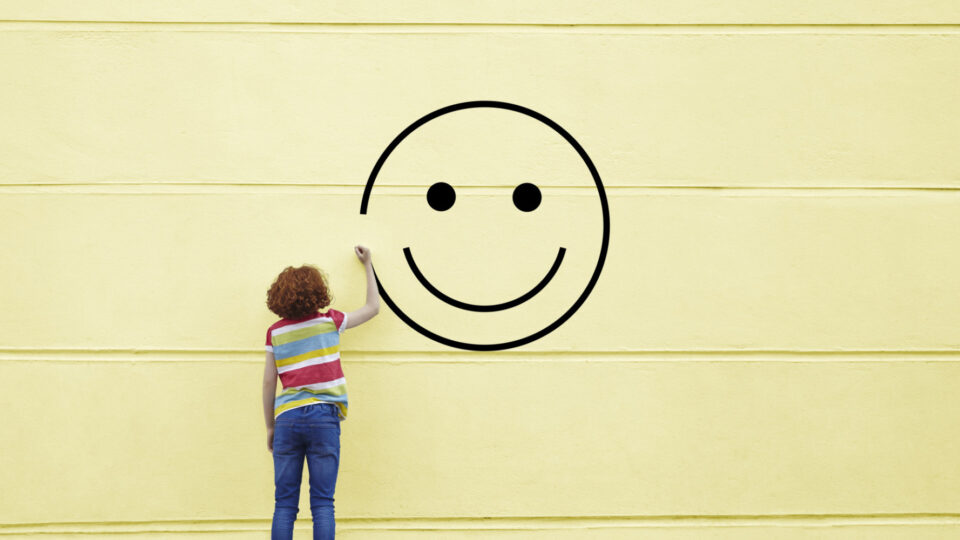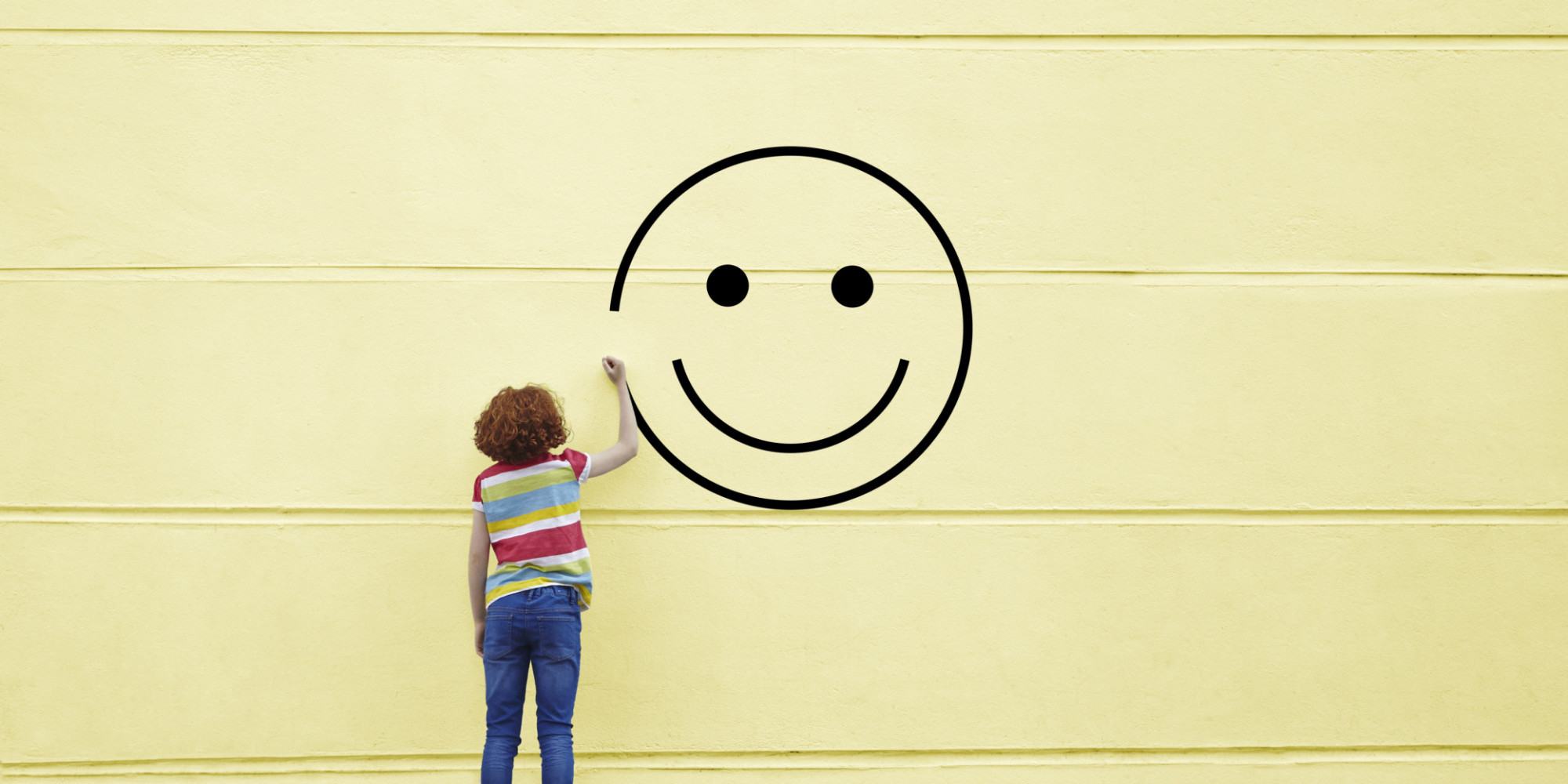Happiness and meaning while connected, don’t seem to be the same thing. We can imagine a paradigmatic meaningful life that is unhappy and vice versa.
For example, one might seek truth, do good things, or produce beauty—paradigms of meaningful lives—and still be unhappy. Or one might have health, wealth, friends, and knowledge—things associated with happy lives—and yet live a meaningless life, say because individual or universal death undermine meaning. We could be happy, but think our lives ultimately meaningless.
To view the original article click here
Nonetheless it would seem that happiness and meaning are closely connected. Subjectively meaningful lives are generally happy ones, and happiness typically follows as a by-product of a meaningful life. In other words, meaning is an element of a happy life, and happiness an element of a meaningful life. So there is a reciprocal relationship between the two. If pressed I’d say that the meaningful life is somewhat more fundamental than the happy life. What I mean is that, similar to the way a good or happy life is more than just a pleasurable one, a meaningful life is more than just a happy one.As for happiness, many people mistakenly think that happiness is a fleeting feeling pursued for its own sake, when instead it’s often a by-product of meaningful activities like helping others, seeking knowledge, creating beauty, becoming wise, or working for justice. Nonetheless, happiness may be determined more by our happiness set point, the average level of happiness set by our neurobiology and basic temperament, rather than by achievement or level of engagement.
Of course we can’t be sure that an individual life or the whole universe is objectively meaningful, but we can still derive subjective meaning by engaging in the worthwhile activities. And such meaningful lives are the most satisfying, the best, and the happiest. As the philosopher James Rachels put it:
When we step outside our personal perspective and consider humanity from an impersonal standpoint, we still find that human beings are the kinds of creatures who can enjoy life best by devoting themselves to such things as family and friends, work, music, mountain climbing, and all the rest. It would be foolish, then, for creatures like us to live in any other way.




